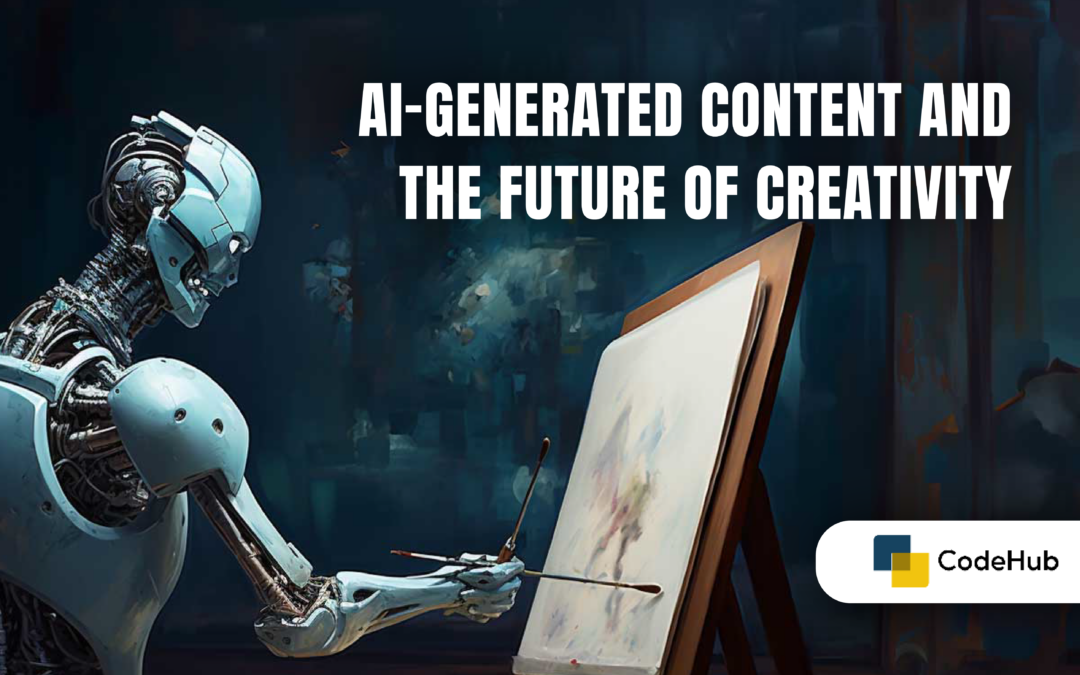Artificial Intelligence (AI) is increasingly influencing the creative industries, generating content from text and music to visual art and design. As AI tools become more sophisticated, they are not only assisting human creators but also challenging traditional notions of creativity.
The Role of AI in Content Creation
AI-generated content is already making waves in various fields:
- Writing: AI can draft articles, stories, and marketing copy, often mimicking human writing styles with impressive accuracy.
- Art: Algorithms create visual art, from paintings to digital illustrations, sometimes even generating entirely new artistic styles.
- Music: AI composes music, creating original pieces or remixing existing tracks with a level of complexity that rivals human composers.
Benefits of AI-Generated Content
- Efficiency: AI can produce large volumes of content quickly, making it a valuable tool for industries like advertising and media.
- Personalization: AI allows for highly customized content, tailored to individual preferences and behaviors.
- Innovation: By blending different styles and influences, AI can generate novel and unexpected creative outcomes.
Challenges and Ethical Considerations
- Originality: The question of whether AI can truly be creative, or if it merely replicates and recombines existing work, is still debated.
- Ownership: As AI generates content, issues around copyright and intellectual property become more complex.
- Impact on Jobs: The rise of AI-generated content may reduce demand for human creators in certain areas, raising concerns about job displacement.
The Future of Creativity
AI is likely to continue shaping the future of creativity by enhancing human potential, offering new tools for experimentation, and expanding the boundaries of what can be created. However, the relationship between human creativity and AI will need careful management to ensure that innovation does not come at the cost of originality or ethical standards.
Conclusion
AI-generated content is transforming the creative landscape, offering new possibilities and efficiencies while also posing challenges to traditional creative processes. As AI becomes more integrated into artistic and creative fields, its role will likely grow, pushing the boundaries of what is possible while prompting important discussions about the nature of creativity itself.

